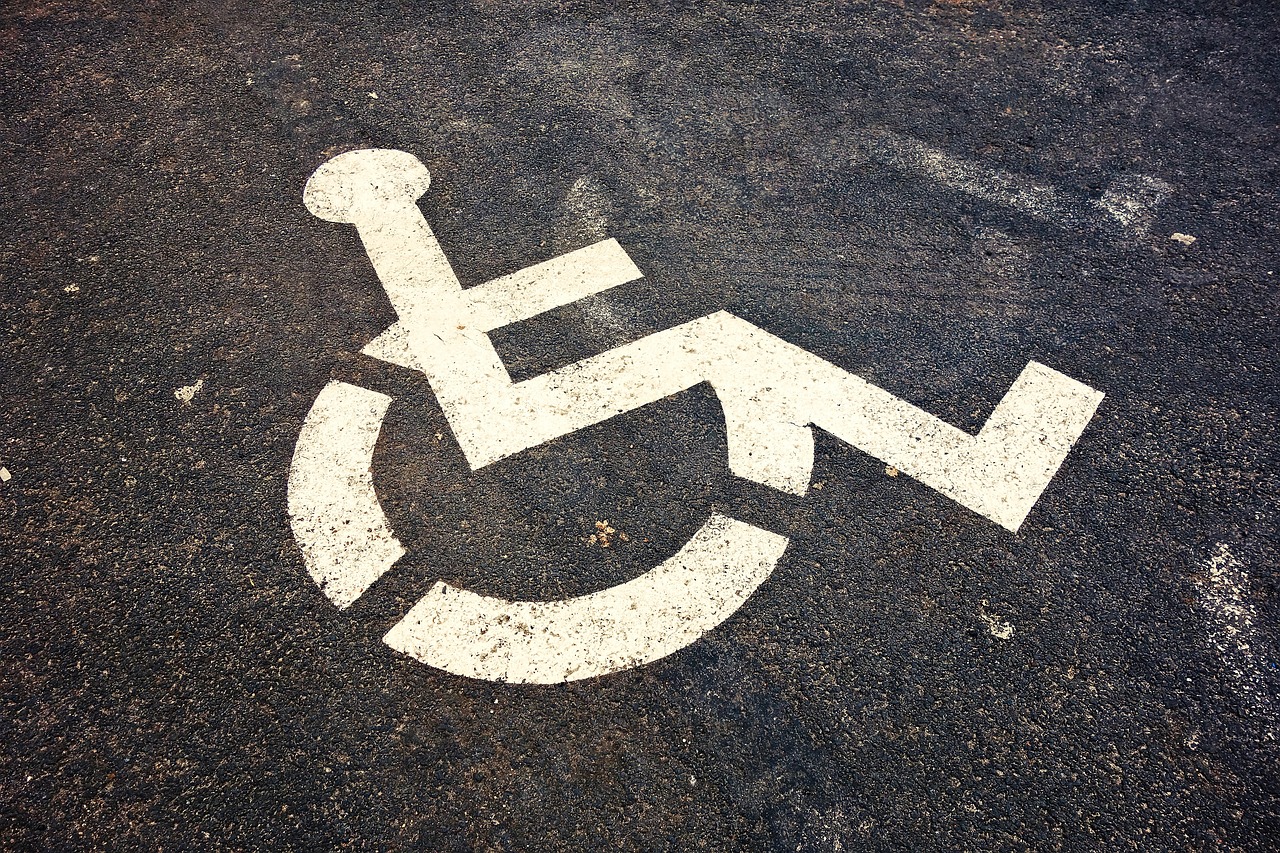
Breast cancer is a life-altering diagnosis, impacting patients not only physically and emotionally but also financially. Many individuals find themselves unable to work due to the time involved and the side effects of treatment such as surgery, chemotherapy, and radiation. This is where disability income becomes crucial. It offers a financial lifeline that helps patients focus on recovery without the overwhelming stress of financial insecurity.
We will focus mainly on government-funded disability programs for this discussion. Private disability programs typically have less stringent rules.
What Is Disability Income?
Disability income is designed to provide financial assistance for people who cannot work due to a medical disability. It comes in many forms, including private insurance, employer-provided benefits, and government-funded programs, such as Social Security Disability Insurance and Supplemental Security Income (SSDI and SSI).
The income these programs provide varies based on many factors, such as pre-diagnosis income, the amount of private insurance purchased, and the amount provided by employer benefits.
What Is Considered a Disability?
The Social Security Administration oversees SSDI and SSI and determines what is considered a disability. Their working definition can be summarized as a person’s inability to hold gainful employment due to a medical condition that will result in death or at least last longer than one year.
Is Breast Cancer a Disability?
When looking at breast cancer and whether or not it qualifies as a disability in the SSA’s eyes, many things are taken into consideration, from the stage of breast cancer to the treatments involved. Breast cancer is considered a disability in most cases; the criteria include such things as:
- Stage of breast cancer
- Treatment and side effects of the treatment
- Repeat cancer
- Spreading of the cancer
Other criteria make breast cancer a disability in the eyes of the SSA. A specialist will work with you to determine your case. Stage 3B and beyond are normally automatically given a disability rating. Other stages and types will need to be evaluated. Since most breast cancer patients recover within a year, proving the duration and extent of disability can be complex.
Applying for SSDI and SSI
Applying for SSDI requires thorough documentation, including detailed medical records, a history of employment, and proof of one's inability to work. You can start the process online, by phone, or in person at a local Social Security office. You should prepare by gathering all necessary documents, such as medical tests, treatment records, and a detailed statement from your doctor concerning your prognosis, ability to work, and side effects of treatments.
Getting a decision from the SSA can take many months or even a year. Don’t let this deter you; keep asking for updates on your application. Keep detailed records of all doctor visits and all correspondence with the SSA.
Appealing the Decision
It is not unusual to be denied benefits the first time you apply. If this occurs, you can appeal the decision with the help of an attorney or on your own. If an SSDI application is denied, there is an appeals process. This process has several stages, including reconsideration, a hearing by an administrative law judge, a review by the Appeals Council, and, potentially, a federal court review. Each step can be time-consuming, so having legal assistance or an advocate familiar with SSDI benefits can be beneficial.
Conclusion
According to the CDC, there are approximately 240,000 women and 2,100 men are diagnosed with breast cancer each year. That is nearly a quarter-million people who may lose their ability to work. Understanding the disability income options available and knowing when to seek help can go a long way in alleviating some of the stress and allow you to focus on healing.
Email Cervoni Disability Law, PLLC, for a FREE CASE EVALUATION info@cervonidisbilitylaw.com








